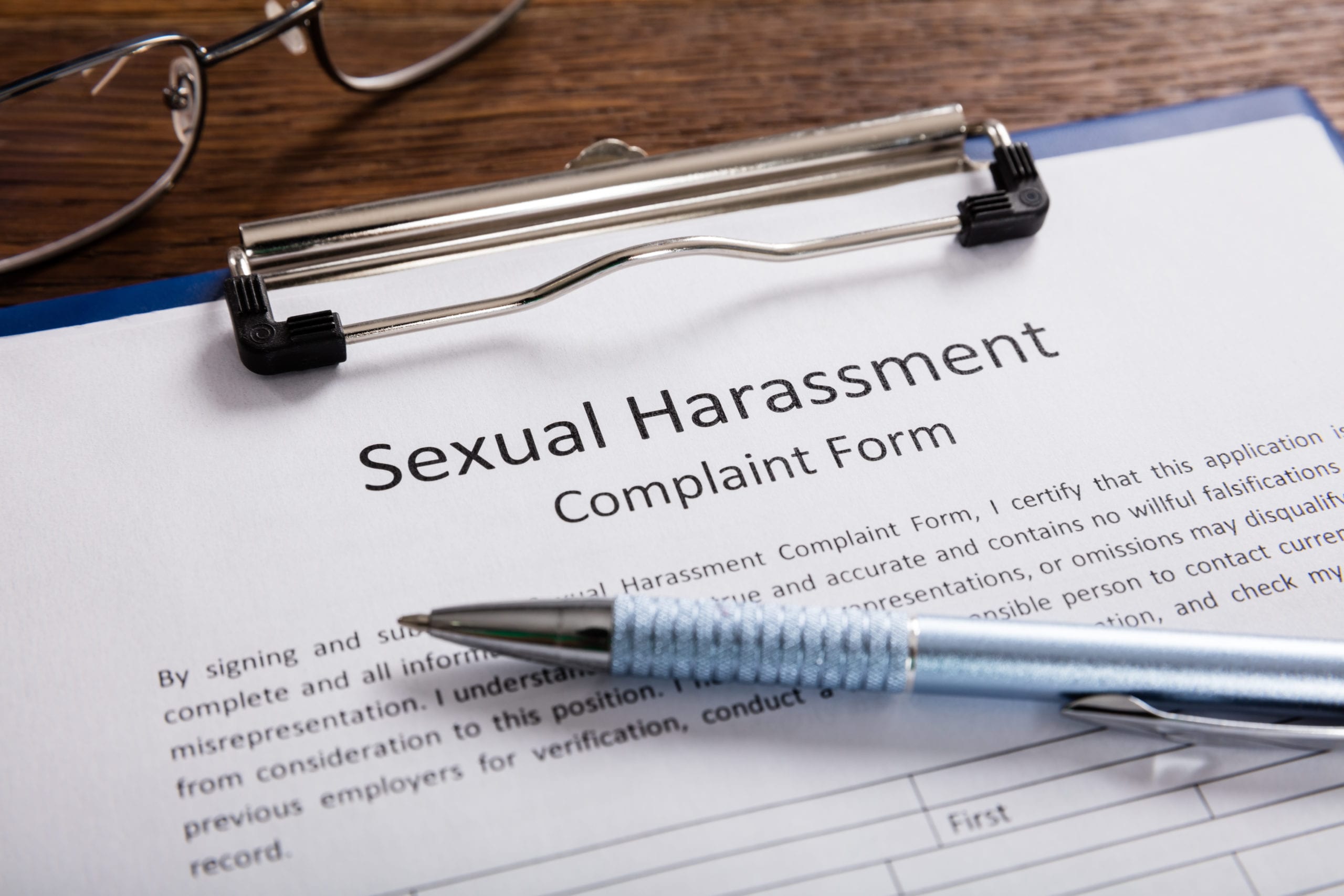On the back of #MeToo movement, employment lawyers have seen a sharp increase in the number of very sensitive queries and claims related to sexual harassment in the workplace, which is unquestionably an unprecedented risk for employers. Stuart Lawrenson of Shoosmiths LLP explores this and the potential damage to a business’ brand and reputation if they fail to act appropriately when allegations are raised.
Unacceptable behaviour
Problems occur when employees do not behave in an acceptable way and create an environment where co-workers feel uncomfortable. This becomes a legal problem if the behaviour and language used is connected with a protected characteristic such as sex. The difficulties employers face is that sexual harassment cases often start with something subtle and take place over a prolonged period of time. What is key is the effect that the conduct had on the employee in question and whether this satisfies the legal test of being “unwanted”.
In addition, employers are now receiving sexual harassment claims, not only against the employer, but also against the alleged perpetrator. The Equality Act 2010 provides for ‘vicarious liability’ in discrimination cases (including sexual harassment cases) and the only way an employer can attempt to avoid liability is to evidence that it took all reasonable steps to prevent the harassment (referred to as the “statutory defence”). This is, however, a difficult defence to run and requires employers to overcome a high threshold. We are receiving more enquiries from clients looking to understand what proactive steps they can take to be in the best possible position to run this defence.
Address the issues and minimise risks
So, what steps should employers be taking to address this issue and minimise risks?
- Create/review policies – employers should have policies in place on topics such as inclusion, diversity, equal opportunities or respect in the workplace, and be reviewing these regularly.
- Communication of policies – there is no point having such policies unless they are effectively communicated and all employees are aware of what behaviour is expected of them.
- Train staff – effective communication can be achieved through tailored training to employees so that they know what standards are expected and to managers who will be dealing with allegations of sexual harassment.
- Take it seriously – employees need to be confident that, if there is an issue, they will be taken seriously and it will be resolved. Employees shouldn’t think they will be seen as a ‘troublemaker’ and that an allegation could negatively impact their career.
- Dismiss where appropriate – it is important that employees are encouraged to report issues about sexual harassment and, if there is merit in the allegations, the employer takes forward disciplinary action which could result in dismissal of the perpetrator.
For some clients, the steps taken to minimise risks have included setting up working/focus groups and anonymous helplines for staff. Nobody wants an environment which is so clinical as to be utterly without humour, however, a level and tone of ‘banter’ needs to be carefully considered and addressed where appropriate.
The Government’s latest response to the Women and Equalities Committee Report on Sexual Harassment in the workplace can be found at the following link:
https://publications.parliament.uk/pa/cm201919/cmselect/cmwomeq/96/9602.htm
The key message to take away is that employers should create a culture where harassment is not accepted, deal with issues early and seriously, and implement the steps above to have the greatest chance of defending a sexual harassment claim.
Author: Stuart Lawrenson, Partner, Shoosmiths LLP
Stuart is a Partner and head of the employment law team in the Solent office of Shoosmiths, a major UK law firm with a national network of offices.





